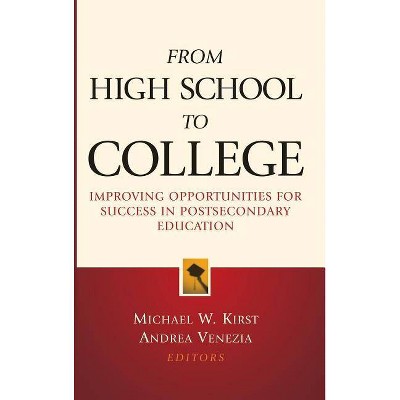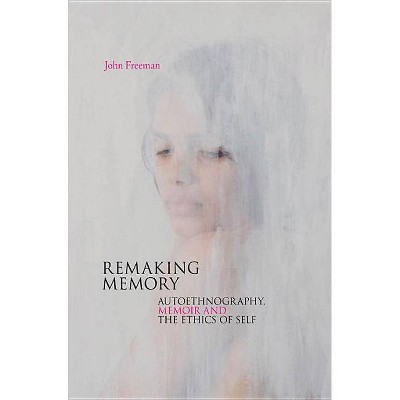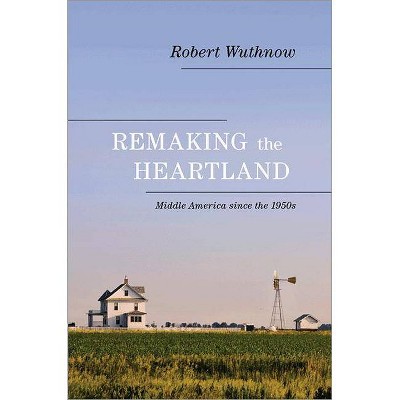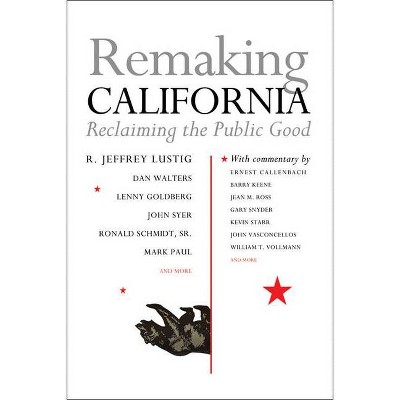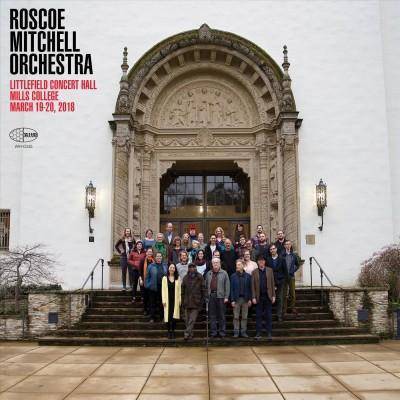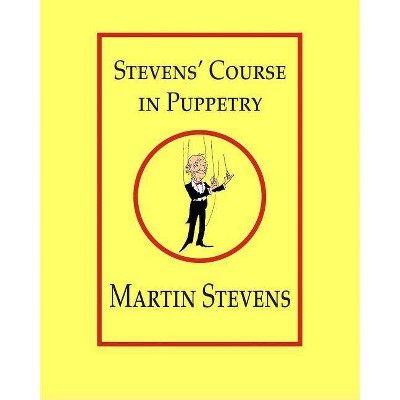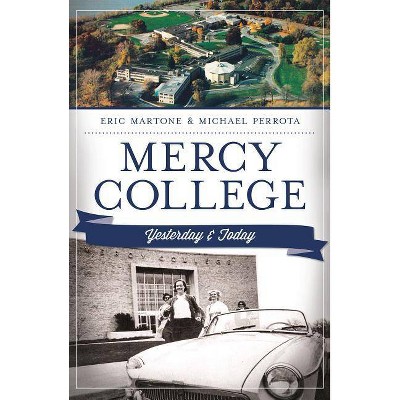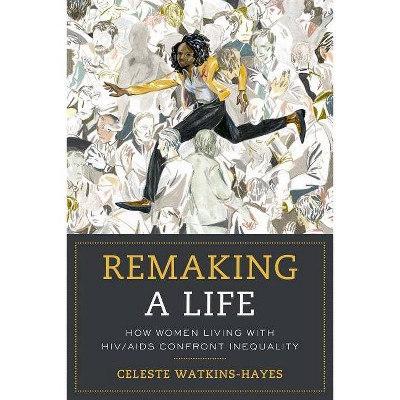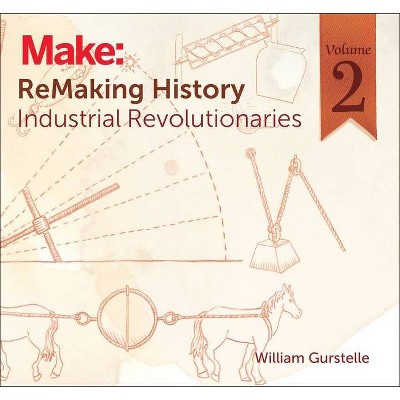Remaking College - by Mitchell Stevens & Michael W Kirst (Paperback)
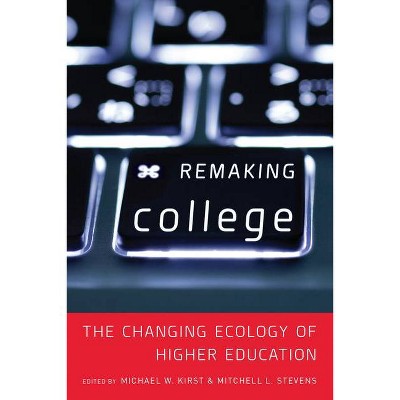
Similar Products
Products of same category from the store
AllProduct info
<p/><br></br><p><b> Book Synopsis </b></p></br></br>Between 1945 and 1990 the United States built the largest and most productive higher education system in world history. Over the last two decades, however, dramatic budget cuts to public academic services and skyrocketing tuition have made college completion more difficult for many. Nevertheless, the democratic promise of education and the global competition for educated workers mean ever growing demand. <i>Remaking College</i> considers this changing context, arguing that a growing accountability revolution, the push for greater efficiency and productivity, and the explosion of online learning are changing the character of higher education. Writing from a range of disciplines and professional backgrounds, the contributors each bring a unique perspective to the fate and future of U.S. higher education. By directing their focus to schools doing the lion's share of undergraduate instruction-community colleges, comprehensive public universities, and for-profit institutions-they imagine a future unencumbered by dominant notions of "traditional" students, linear models of achievement, and college as a four-year residential experience. The result is a collection rich with new tools for helping people make more informed decisions about college-for themselves, for their children, and for American society as a whole.<p/><br></br><p><b> Review Quotes </b></p></br></br><br><i>Remaking College</i> is an impressive edited volume that should adorn the selves of every serious sociologist of education. Editors Michael Kirst and Mitchell Stevens have compiled a series of insightful chapters, authored by leading sociologists of education and organizations that will provide a state-of-the-art understanding of how the ecology of American higher education has evolved in recent decades.--Roger Pizarro Milian<br><br>[A]nyone interested in U.S. higher education can learn much from this book . . . For the prospective student coming from outside the United States, <i>Remaking College</i> gives a richer, fuller, and more complex sense of the landscape of American higher education . . . It also provides a fuller understanding of the space college occupies in adult lives, as one factor in a web of interdependencies.--Carol Christ "<i>University World News</i>"<br><br>As the CEO of a 'broad access' institution, I am heartened that this volume and its authors recognize both the challenges and policy questions brought by the new exciting array of higher education options, as well as the critical importance of these colleges and universities to a diverse set of students.--Linda M. Thor, Chancellor "Foothill-De Anza Community College District"<br><br>By adopting an ecological viewpoint, the authors' analyses go beyond higher-education institutions themselves to illustrate how evolving economic, political, demographic and technological changes in the society that surrounds those institutions have forced changes in the meaning of <i>college education</i> . . . I found the authors' arguments persuasively supported with reasoning and evidence. I believe the book can serve as an important stimulant of thought for people who are concerned with the development of post-secondary education in any modern-day nation.--Murray Thomas "<i>International Review of Education</i>"<br><br>Kirst and Stevens provide a critical focus on broad-access higher education, whose performance is absolutely crucial if the U.S. is to meet its educational goals in the coming decades.--Michael Bastedo, Associate Professor and Director, Center for the Study of Higher and Postsecondary Education "University of Michigan"<br><br>This collection of essays is the result of the 2013 annual meeting of the American Educational Research Association, designed to reconceptualize higher education within a context that is changing drastically . . . The essays are well written and offer alternative visions of what college can be. The arguments offered are worth considering, and this book should be read by anyone who aspires to lead colleges and universities . . . Recommended.--D. E. Williams "Walden University, <i>CHOICE</i>"<br><br>This volume encourages researchers to challenge conventional approaches to classifying and understanding our nation's higher education institutions and the students who attend them, so as to better understand the role and contributions of higher education into the future.--Laura W. Perna<br><p/><br></br><p><b> About the Author </b></p></br></br>Michael W. Kirst is Professor Emeritus of Education and Business Administration at Stanford University and the current President of the California State Board of Education. Mitchell L. Stevens is Associate Professor of Education at Stanford University and (by courtesy) Business and Sociology at Stanford University.
Price History
Price Archive shows prices from various stores, lets you see history and find the cheapest. There is no actual sale on the website. For all support, inquiry and suggestion messagescommunication@pricearchive.us
